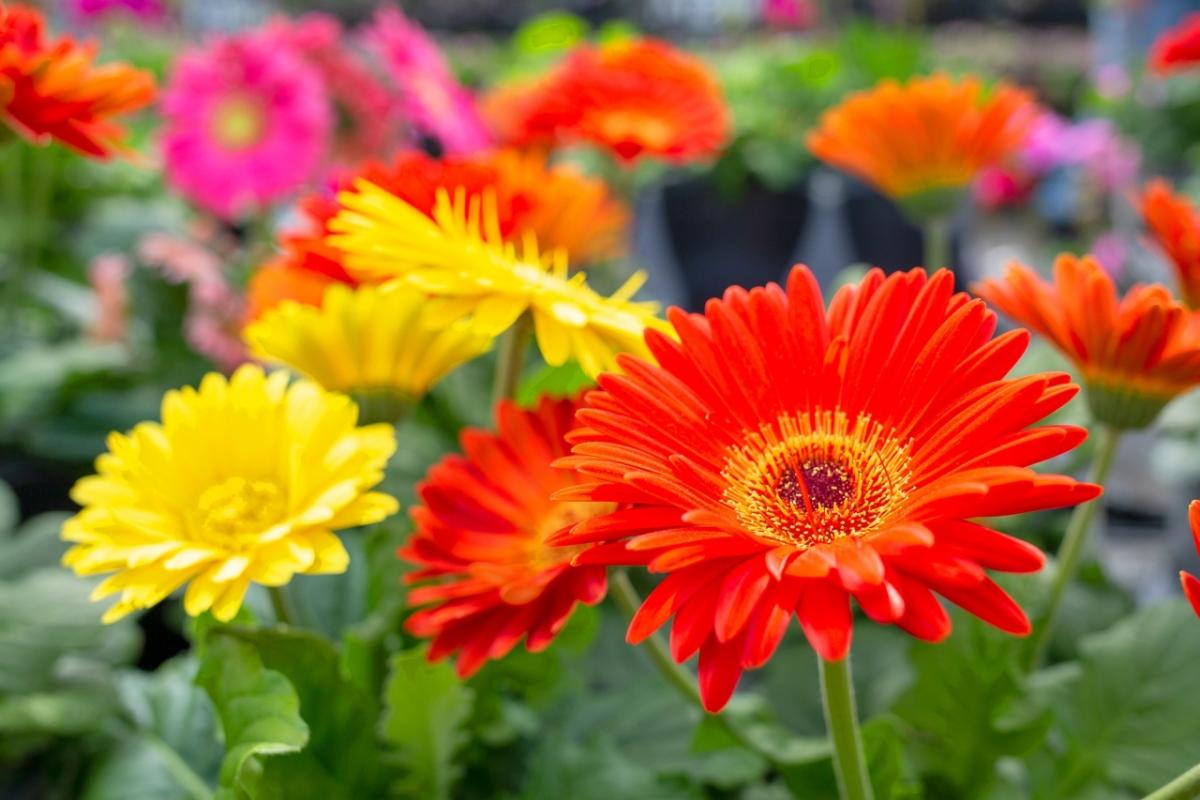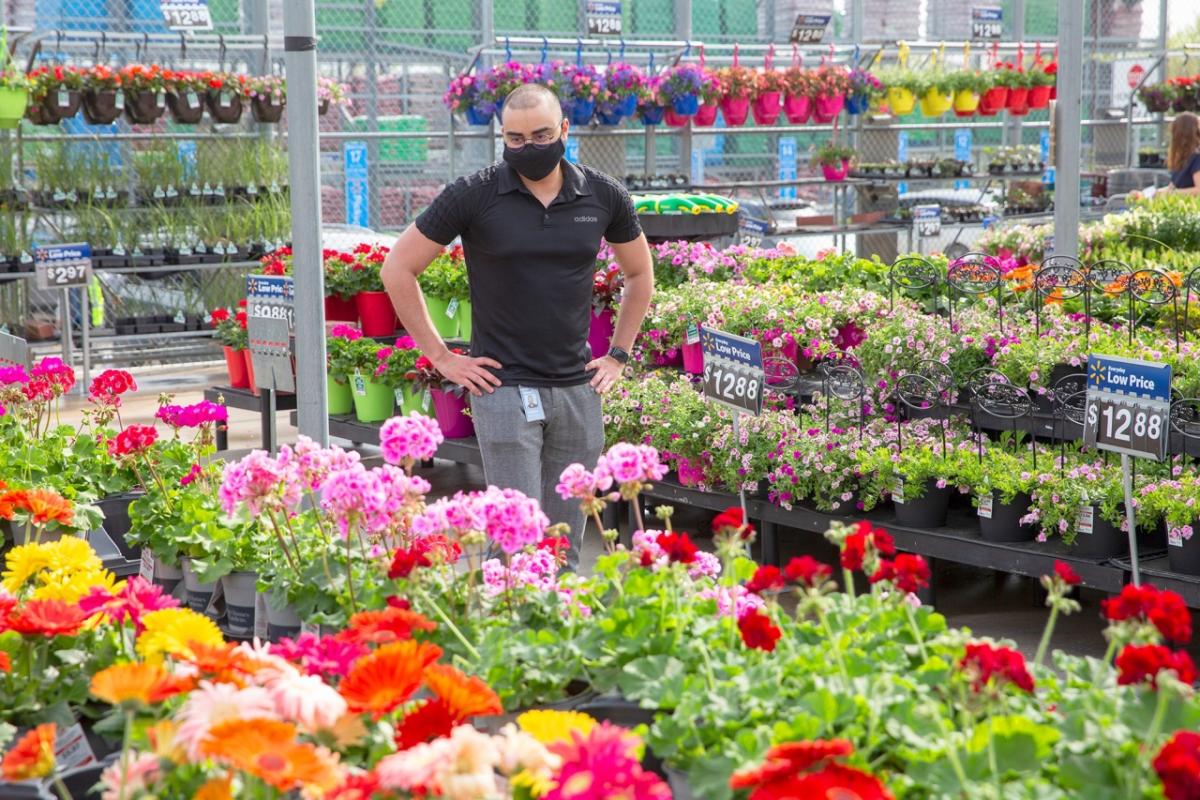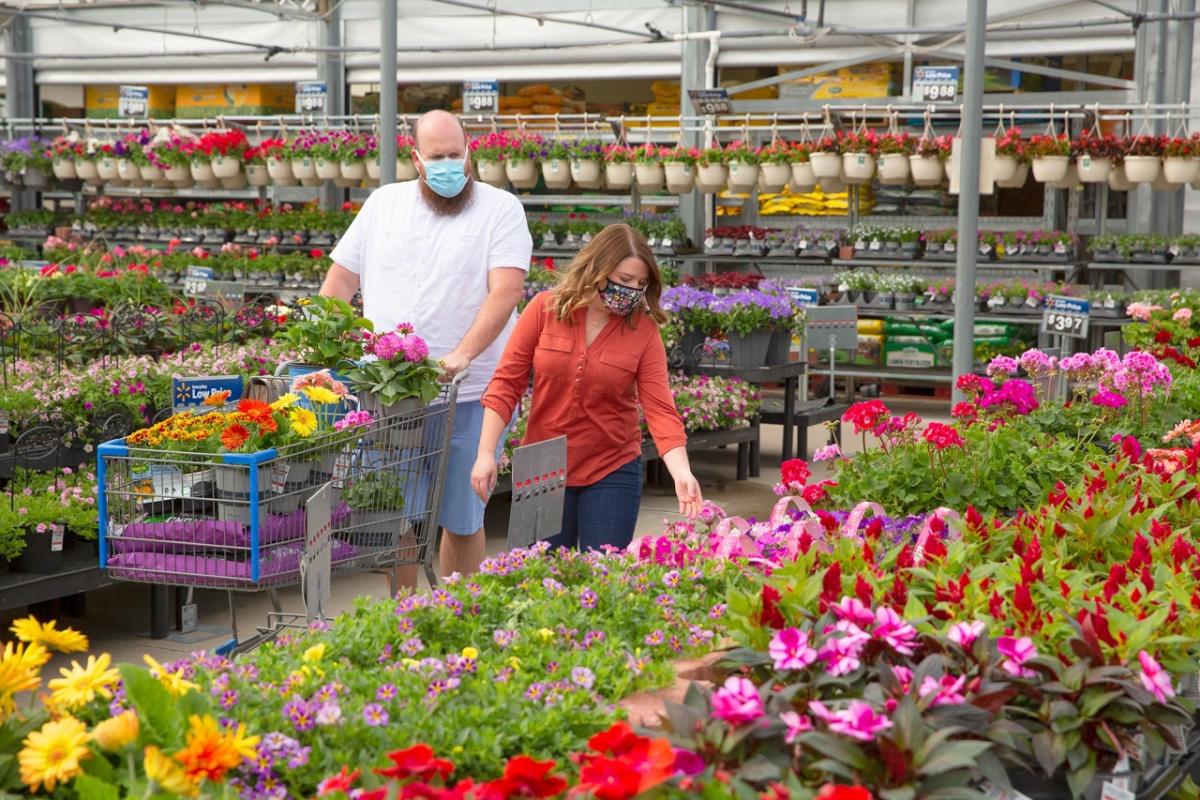Sourcing to Protect Pollinators, Merchants Move Toward a Greener Future
The natural world is having a moment. As the coronavirus pandemic has pushed people to rediscover the outdoors, many are turning to gardening as a way to express creativity and relieve stress. But the importance of greater greenery serves an even more fundamental purpose: enabling pollinators.
Pollinators are animals like butterflies, bees, birds and others that pollinate the food we eat. Their role in landing food on our table can’t be overstated. It’s estimated that 1 in 3 bites of food we take is possible because of animal pollinators. Despite that value, pollinator habitats are declining at an alarming rate.
Restoring pollinator habitats is key to feeding the future in a greener, more sustainable way. Walmart and its merchants are working to do just that, improving and expanding pollinator habitats while minimizing the use of pesticides that can harm pollinators.
Pollinators and Plants: A Match as Old as Time
For merchants like Abraham Hernandez, a live plants buyer, there’s an obvious thread running between pollinators, plants and sustainability at large.
“If you think about live plants, they go hand-in-hand with sustainability,” Abraham said.
Ultimately, Abraham says, plants aren’t just better for the world in the moment – they serve to create a cycle that drives it forward. When Walmart customers garden using pollinator-friendly plants, they’re helping to ensure the future of those pollinators, which in turn helps to ensure the future of fresh food, flowers and everything else that relies on pollinators.
That’s why merchants like Abraham, and people across the supply chain, are working to source and label plants that are attractive to pollinators.
“We want to provide a variety of options that’ll really work for our customers,” Abraham said. “But that goes well beyond Walmart, because it impacts all of these pollinators, which are so deeply important to how we live.”
Abraham says the move to label pollinator-friendly plants could capture as many as 1.3 million SKUs in perennials and annuals – that’s enough to get your own garden started this spring. And he thinks you should. Turns out, the benefits of growing a garden are far reaching.
Get to Gardening: Growing New Skills
“COVID turned a lot of people toward DIY activities, and one of those was gardening, which brought us about 22 million new consumers,” Abraham said. “And with so many people having to stay at home, they want to have something fun to do, which gardening provided. There’s also a real STEM benefit for kids and families, because you’re outside, burning calories, measuring, planting, and even promoting healthy eating if you’re growing something organic.”
If you’re still hoping to get a garden going this spring, it’s not too late. Here are some tips and tricks, straight from Abraham, and some products that might help you along too:
- Don't plant too early. Watch the weather and try not to plant until after the season’s final freeze.
- Put plants in something that helps them thrive! Merchants are working to source organic soils for gardeners that are formulated for planting in raised beds, pots and more. Check out Beyond Peat – it’s made from coconut husks and renewable sources.
- Nervous about starting out? Try a “cheat code.” New this year to the garden category are Ferry-Morse Plantlings, which are live baby plants, professionally nurtured from the time they’re little seedlings. These plants come ready for dirt but provide new gardeners the experience of growing.
- Aim for variety! With up to 1.3 million varieties of plants ready for our customers, options abound. Part of the fun of growing your own garden is planting different things, and even doing research on what kind of pollinators they attract.
- Intersperse pollinator-friendly plants among whatever you’re growing. Seriously, it doesn’t matter what you’re growing: Pollinators are good for it. Abraham explained how interspersing plants to attract pollinators has a massive benefit across your entire garden, encouraging further growth!
For Abraham, buying in the live plants category has given him a chance to improve experiences for our customers, while at the same time working to save nature’s pollinators through more responsible buying decisions.
Together, we can create value for ourselves, and for nature, building a greener, more sustainable future along the way.




